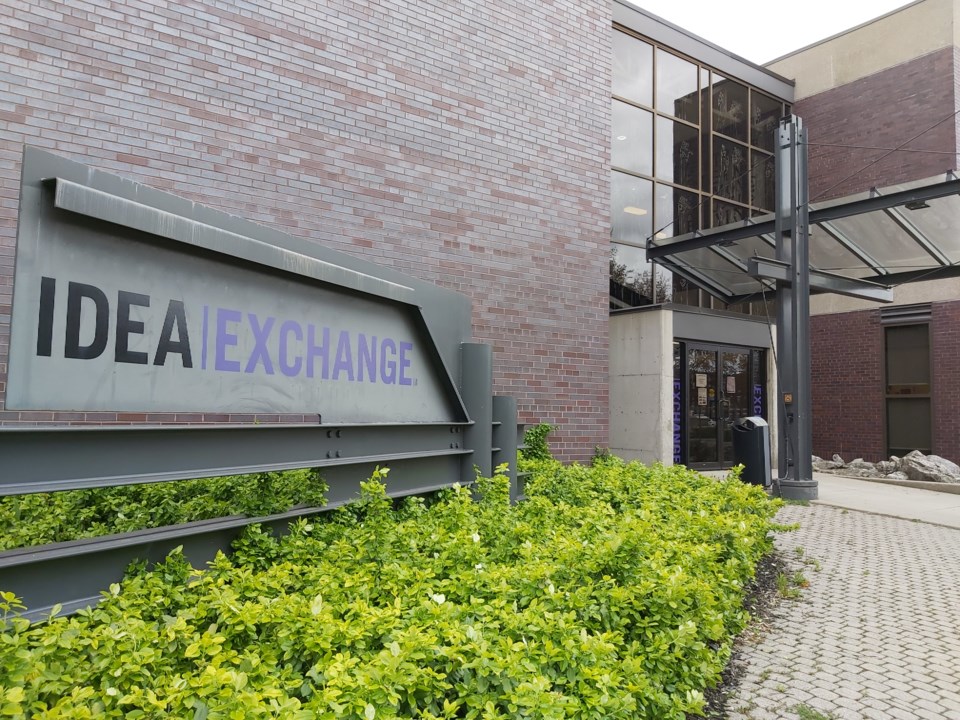CambridgeToday received the following open letter to the CEO of the Idea Exchange.
Dear Ms. Hodgins
Idea Exchange CEO,
I hope this letter finds you well. I am writing to you as a concerned patron and advocate for accessibility regarding the current state of accessibility within the Cambridge Idea Exchange facilities. Despite multiple attempts to initiate a dialogue on this crucial issue, my efforts have been consistently dismissed, leaving me with no choice but to address my concerns through this open letter.
I would like to bring to your attention several specific instances that highlight significant shortcomings in our library's compliance with the Accessibility for Ontarians with Disabilities Act (AODA). These shortcomings not only undermine the intent of the AODA but also create substantial barriers for individuals with disabilities, thereby preventing equitable access to library services.
Firstly, after I found that you have no accessible parking which is required by law, I must address the new entrance at the Preston Idea Exchange. It is disheartening to see that despite investments purportedly aimed at improving accessibility, the new entrance remains just as inaccessible as the previous ramp. The rationale you provided, before brushing off my invitation to a conversation, that labeling it a "path of travel" negates the need to meet ramp requirements is a misinterpretation of both the spirit and the letter of the AODA. This misalignment represents a waste of taxpayer money and a missed opportunity to genuinely enhance accessibility.
My recent visit to the Queen's Square library further exposed glaring issues. Upon using the automatic opener to enter the accessible washroom with my son, who uses a wheelchair, I was not shocked to find the lack of a change table inside.
However, I was surprised to see, there was no automatic opener to exit the washroom. This flaw poses a severe risk: individuals with limited mobility could find themselves trapped with no means to exit.
Additionally, the second-floor washroom is completely inaccessible, and while the third-floor universal washroom is larger and would facilitate easier changing, it too lacks automatic door openers. Such inconsistencies in accessibility features are unacceptable.
The computers designated for signing out books are another point of concern. While they are placed on accessible desks, the screens are positioned in such a way that makes them unusable for many individuals with disabilities. This oversight indicates a superficial approach to accessibility that fails to consider the practical needs of all users.
It appears that accessibility initiatives within the Idea Exchange are only prioritized when they can yield awards or recognition, rather than to truly serve the community.
If accessibility were genuinely a priority, the library would ensure that all amenities are fully functional and meet the needs of every patron, rather than asking for $400,000 in funds towards custom windows.
The Cambridge Idea Exchange should be a beacon of inclusivity, offering equitable access to all members of our community. I urge you to reconsider your approach and genuinely commit to making our libraries accessible in a meaningful way.
This requires not only adherence to AODA standards but also a willingness to engage in open and constructive conversations with community members.
Devin Sisak
Cambridge



